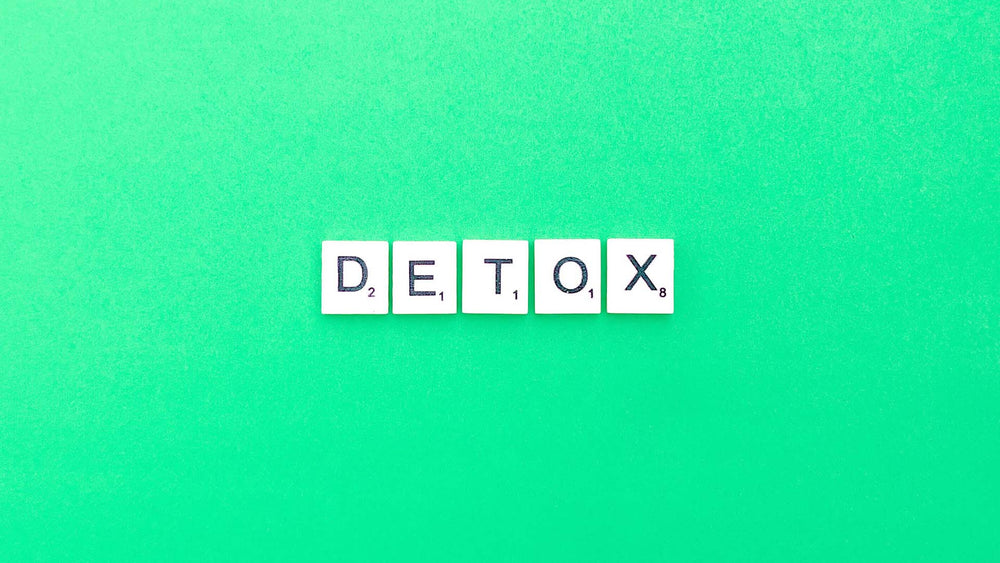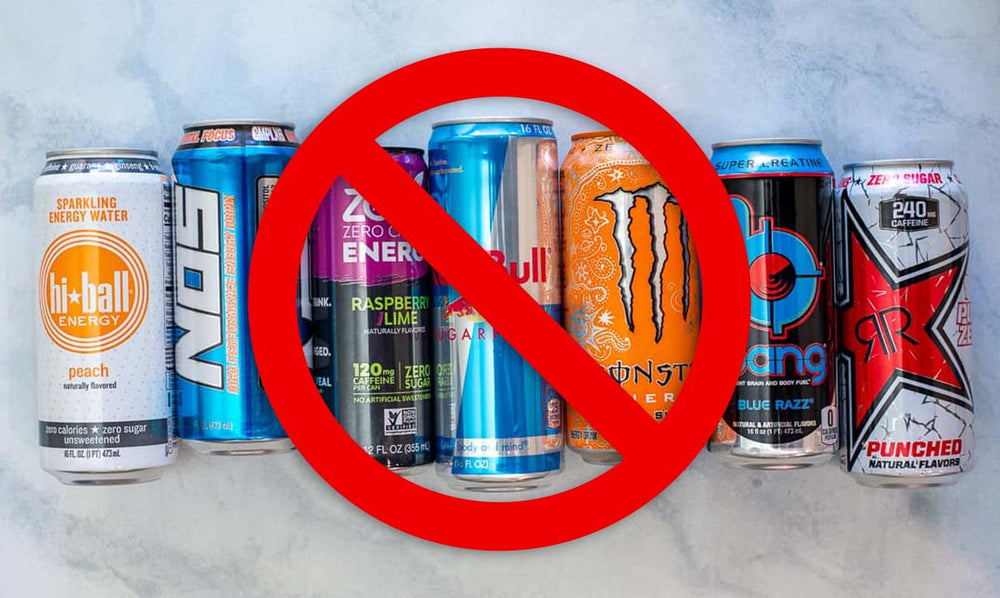In the past few years, you may have noticed dozens of videos on YouTube with titles like “Classical Music for Anti-Stress Effect & Stress Relief: Bach and Mozart”, " Pure Clean Positive Energy Vibration" and "Meditation Music, Healing Music, Relax Mind Body & Soul”. These playlists are designed to ease shattered nerves, help you concentrate while reading, writing or doing other work, or cheer you up when you’re feeling blue.
A UK study determined ten tunes that will help you de-stress when you’re agitated (or get to sleep if you’re having a restless night. The songs include pop hits by Adele, All Saints and Coldplay, a Mozart aria, and ambient music by Marconi Union. All kinds of music can relieve stress, although classical and light jazz are most often featured in relaxation videos.
Listen to the music that brings back good memories and makes you happy, whether it is pop, R & B, dance music or rock. Music impacts your psychobiological system, and affects nervous, endocrine and psychological responses to stress in a positive way. Research shows that music doesn’t just improve our emotions – it can benefit our physical health as well.
Specific Types of Music, Stress and Mental Health
Recent studies have indicated that heavy metal music can purge negative emotions and leave listeners calmer and happier. According to an Australian study, metal music provided an outlet for the depression and anger caused by bullying, isolation or family problems. The resulting catharsis helped adolescents and young adults get through trying periods in their lives without significant mental or emotional health issues.
Humboldt State University in Ohio released a study called Three Decades Later: The Life Experiences and Mid-Life Functioning of 1980s Heavy Metal Groupies, Musicians, and Fans. The researchers found that adults who experienced the heavy metal lifestyle as kids in the ‘80s were happier and more well-adjusted than current college students or people in their own age groups who liked other types of music.
Even a subset of current heavy-metal listeners, who favor more extreme sounds like hardcore and death metal, use the music as a form of anger processing. As a result, some young metal fans find release in the music that leads to better mental health in their daily lives.
Buy Supplements to Reduce Stress!
Happy Girl is a 100% natural mood enhancer and energizer for women. Increase your energy. Strengthen your immune system. And feel better overall.
Relaxation
Music can initiate the relaxation response in the brain, similar to mediation. Classical music or gentle pop songs seem to be best for inducing peaceful reactions. Free-flowing New Age music without structure may be more irritating than other kinds of music, however. Songs with personal importance are just as likely to reduce stress or cheer you up than music with a science-approved “get happy” formula.
Studies indicate that music with 60 beats per minute develops alpha brainwaves by causing your brain to synchronize with the beat. Alpha brainwaves occur when you are relaxed. If you have insomia, you may need to listen to relaxing music for 30-45 minutes before falling asleep. Stanford University researchers noted that music may change brain function as successfully as medication in certain instances.
There are several types of music that have been shown to have a relaxing effect on most listeners. They include Celtic, Indian or Native American music played on flutes, drums and/or stringed instruments. You’ll also find playlists with nature sounds (rain, thunder, wind, birds, etc.) and instrumental music on the internet or on CDs. Experiment with different music to find the best music to put you in a chill mood.
Use Music to Reduce Stress Throughout the Day
Listen to music while you cook, exercise, drive to work, or eat a meal. Music relieves stress and elevates your mood. A bouncy tune helps you keep your mind off a traffic jam, and singing along has health benefits, even if you’re off-key! You’ll experience improved lung function, increased immunity to colds and inflammation, and better memory.
Stressing and yelling at other drivers won’t get you to your destination sooner, and it will raise your blood pressure. If you don’t have your own music selection to bring with you, change the radio to a classical station. Studies have shown classical music relieves anxiety and eases pain. For long commutes or road trips, you may also want to add a few audio books to pass the time.
No one looks forward to cleaning, paying bills or doing laundry, but playing your favorite music as you do everyday chores will alleviate boredom and even give you more energy for scrubbing the floor, ironing and other monotonous tasks.
Create a custom playlist to pep you up before a job interview, business presentation or other special event. If you wake up feeling groggy or depressed, play a few of your favorite upbeat songs to boost your mood and get your day off to a better start.
You can use music as a tool for overcoming fear. If you get nervous flying on a plane, put on headphones or ear buds and listen to your favorite music during take off and landing. Wearing an eye mask may help calm you down even more.
New Moms can take a break by listening to soothing music for a few minutes. There are even playlists designed to help Mom and baby relax and sleep.
Buy Supplements to Reduce Stress!
Happy Girl is a 100% natural mood enhancer and energizer for women. Increase your energy. Strengthen your immune system. And feel better overall.
Make Your Own Music
Like singing, playing a musical instrument is a fun and creative tool for stress management. Playing a simple song on a keyboard or banging on drums to release tension and be creative in a low-key way turns off the stress genes in your brain. You’ll begin to experience creative flow, a relaxing response felt by artists and professional musicians. Jam for the fun of it; don’t worry about learning how to read music or imitating your favorite hit song verbatim.
Playing music is therapeutic for regular folks and for medical professionals. Many doctors are also fine musicians, and there are orchestras in the U.S. and overseas comprised of medical students and doctors. Music is also used to teach future doctors to improve their listening skills.
Attending Concerts Can Help You Live Longer
Going to live musical events can reduce stress by taking you away from everyday life and your problems. Seeing your favorite performer live may accentuate the power of the music itself, and give some people what is akin to a religious experience. A Swedish study showed that people who attended concerts regularly were likely to live longer than people who rarely, if ever, attended live musical events.
Buy Supplements to Reduce Stress!
Happy Girl is a 100% natural mood enhancer and energizer for women. Increase your energy. Strengthen your immune system. And feel better overall.
Music as Stress Relief for Students
Listening to music, singing karaoke, or playing an instrument can help relieve the stress college students feel during busy semesters. Instead of drinking or taking drugs to escape the anxiety caused by impending exams, take a break and listen to music. The tunes will relax you and may even inspire ideas for an essay or term paper.
You can also try writing a song if you are feeling especially frustrated. Even if you don’t have technical experience playing a keyboard, you can still create a melody by banging on a few keys. Write lyrics (they don’t have to rhyme) and sing a “rough demo” version of the song. Writing a song about your feelings is cathartic, and you’ll exercise your creativity.
What is Music Therapy?
Music therapy has gained popularity for clinical treatment of emotional, mental and physical problems in the past few decades. Trained music therapists help Alzheimer’s patients regain some of their memories, work with heart attack, stroke and cancer patients to minimize pain, and help autistic children learn to communicate better.
Music therapists can help a mentally ill individual improve his or her emotional state, resolve conflicts with others and explore the reasons for anger and other negative emotions.
The methods therapists use include songwriting, music improvisation, performing music either alone or with others, using music to inspire imagery and discussing the feelings created by listening to certain music. Music therapists design sessions for groups and individuals to achieve a particular end result, such as increasing cognitive skills or reducing pain.
Recovery from Surgery and Illness
Medical personnel have used music to help patients temporarily forget about chronic pain or heal faster after an operation. A study in the medical journal Lancet showed that listening to music after an operation reduced stress, physical pain, and the amount of pain medication needed. Playing music before, during and after an operation was even more helpful in reducing stress and pain.
Stroke is the fifth leading cause of death in the U.S. Listening to music can’t prevent a stroke, but it can help people recover from one. A study of stroke patients involved 60 participants divided into three groups – one group listened to audiobooks for an hour a day, one didn’t listen to any recorded sounds, and the third listened to music for an hour or more a day.
After 90 days, patients who listened to music had a 60% increase in verbal memory, while the audiobook listeners showed an 18% increase and the non-auditory group had a 29% increase. The music group showed a 17% improvement in focused attention, while the other groups stayed the same.
Buy Supplements to Reduce Stress!
Happy Girl is a 100% natural mood enhancer and energizer for women. Increase your energy. Strengthen your immune system. And feel better overall.
Music Therapy for Special Needs Children
Music makes communication easier for children with speech delays or impediments. Singing makes vocalizing fun and aids in language development. Playing with instruments or clapping improves motor skills and coordination. Studies also show that music therapy can help children improve social and behavioral skills using free playin of musical instruments, sing-alongs and other methods.
Music Improves Mood and Memory in Alzheimer’s Patients
The effect of music on Alzheimer’s and dementia patients has been well-documented in academic studies, and now organizations and app developers are working with caregivers to treat dementia with music.
Music and Memory works with Alzheimer’s patients through music therapy by giving elderly clients iPods. The SingFit app can be used by children or other caregivers to improve patients’ brain health at home, or it can be used in group activities at retirement communities or nursing homes.
Music carries a lot of emotion, and it can help evoke some of your more powerful memories. When you learn how to sing or play a musical instrument, your mind catalogs the repetitive activities as muscle or procedural memory. Dementia doesn’t affect procedural memory, so we still love and recognize our favorite songs as we age, even though our episodic memory fades. Scientists at Boston University found that patients couldn’t recall spoken song lyrics, but recognized the words when sung to them.
Your brain’s frontal cortex and hippocampus store a great deal of memory, but when it comes time to retrieve it, you may not get the information you want right away. Music has rhyme, alliteration and rhythm, which makes it easier for your brain to retrieve memories.
There are two kinds of memory – implicit and explicit. Explicit memory is an intentional retrieval of memories, often in response to a question, while implicit memory is unconscious or automatic. Implicit memory is emotional and unhindered by Alzheimer’s or dementia, and responds to musical prodding.
Good Vibrations
Sound vibrations may help reduce depression and ease symptoms of Parkinson’s or fibromyalgia, according to researchers at the University of Toronto. Vibroacoustic therapy involves the direct application of low-frequency sound.
A bed or chair is equipped with vibration-transmitting speakers, and the patient lies or sits on it. The low, computer-created frequencies are absorbed by the patient’s body. Regular therapy stimulates muscles, skin and joints reduces pain and improves circulation.
Wheatgrass Supplements and Stress Reduction
Wheatgrass supplements offer you another safe, easy way to reduce stress. This highly nutritious superfood contains magnesium, B vitamins and zinc, which guard against anxiety. Wheatgrass also has Vitamin C, selenium, iron, potassium, amino acids, Vitamin A, manganese, copper and hundreds of other nutrients.
Happy Girl Natural Mood Enhancing Supplement gives you all the health benefits of wheatgrass, plus a blend of Gotu Kola, Ginger, Hawthorne Berry, White Willow, Green Tea Extract and other herbs to improve your mood and reduce anxiety. Learn more about the ingredients in Happy Girl’s proprietary blend here.
















